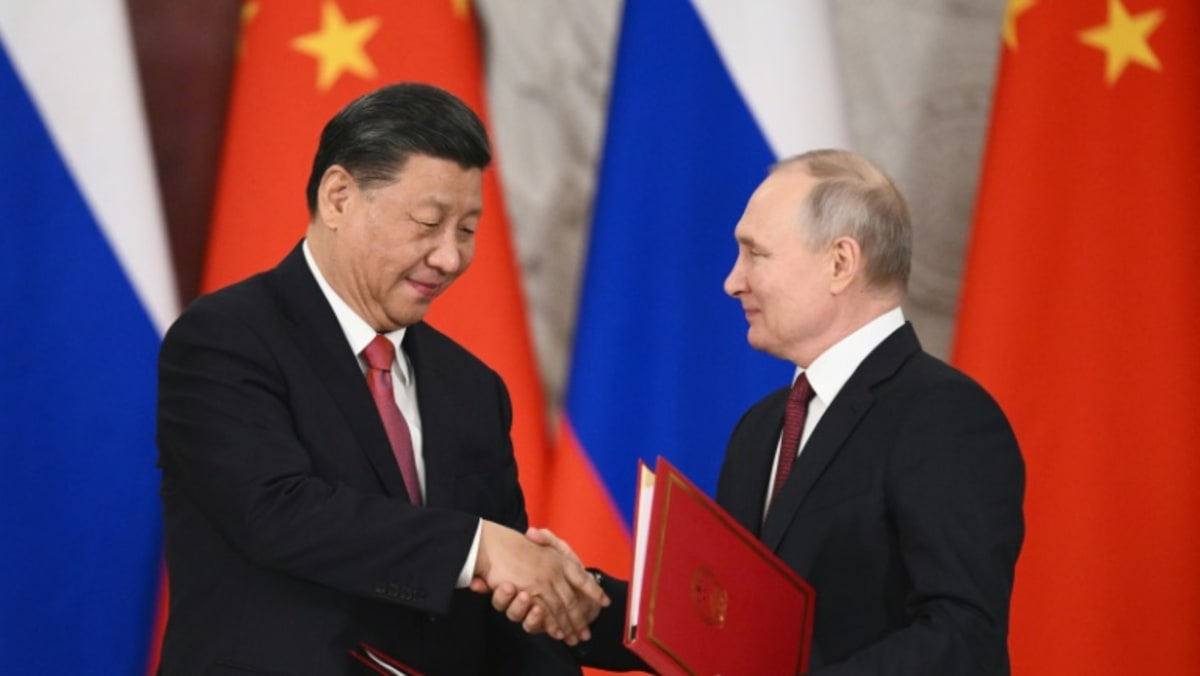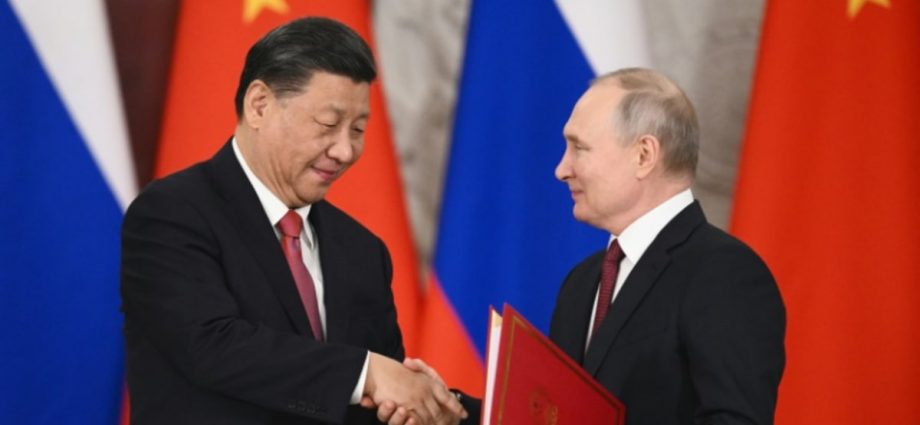
MANAGING RIVALRY WITH TÜRKIYE
Russia’s relations with Türkiye are complex yet pragmatic.
Ankara needs good relations with Moscow to achieve strategic autonomy, balancing key great power relationships, and leveraging Türkiye’s weight and strategic location to exercise regional power and influence. But their ambitions can produce friction points: Russia and Türkiye backed opposing sides in Syria, Libya and the South Caucasus, while they are rivals in Central Asia.
Trade between Russia and Türkiye has grown sharply over the past year. More Russian tourists and hydrocarbon imports have bolstered the languishing Turkish economy, while easing sanctions pressure on Russia.
Despite strains, the two countries have managed their relationship effectively, cooperating where they can and working around each other where they can’t.
DRONES AND OIL IN MIDDLE EAST
As with Türkiye, Russia’s centuries-long relationship with Iran has been complicated, often acrimonious. For now, their shared pariah status with the West has now thrown them together – but it’s not a trusting relationship.
For Russia, Iran is now a key source of military equipment, especially drones, to support its war in Ukraine. And Moscow can probably learn from Tehran’s long experience at navigating Western sanctions.
Meanwhile, Iran seeks Russian technology, including modern fighter planes and air defence systems. Moscow can also provide helpful political cover for Tehran, especially in the UN Security Council.
Yet their relationship will remain wary. Russia wouldn’t, for example, relish its near neighbour acquiring a fully-fledged nuclear weapons capability. And Russia must balance other important relationships in the region, notably Israel.

